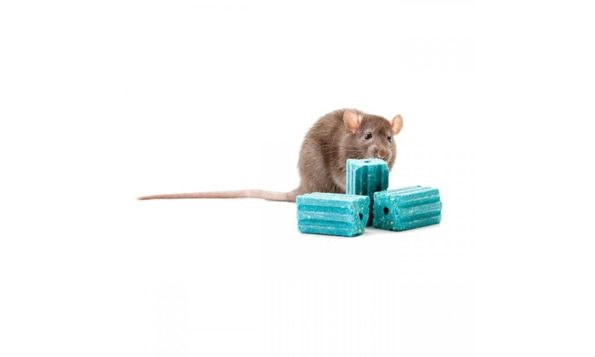
Australia wide seems to have been affected by the increasing numbers of rats and mice. They are seeking out warmth and food in any area possible, which may include barns & stables, sheds and houses.
One of the common practices to help rid these animals from our homes and living spaces is to use baits. Unfortunately, our pets are seeking out these baits within accessible areas as well as ingesting deceased rats & mice who have died from baits.
The baits used are normally flavoured to make them attractive to rodents and these can also entice other animals to eat them.
The clinical signs of rat bait poisoning vary considerably depending on the size of your dog or cat, and how much and what kind of rat bait they ingested.
There are different kinds of baits available; the most common are anti-coagulant poisons that stop blood from clotting normally, resulting in excessive bleeding. Taking the original packaging to your treating vet may be beneficial to the treatment of your animal.
The development of clinical signs can be delayed for 3-7 days after the dog or cat consumes the poison.
[ngg src=”galleries” ids=”39″ display=”basic_thumbnail” thumbnail_crop=”0″]If an animal is known to have consumed bait or consumed a deceased animal which has died from eating bait, immediate treatment includes inducing vomiting to remove any bait from the stomach.
Follow up treatment may include medication to assist clotting factors, and monitoring the bloods of the patient to ensure clotting factors are working adequately.
If you have any concerns about your pet please contact your vet as soon as possible. Rat bait poisoning can be treated, but the chance of recovery depends on how severely the dog or cat is affected, amount of bait consumed, and what kind of bait they ate. Seeking veterinary treatment as soon as possible is critical, with many needing prolonged treatment due to the lingering effects of the baits.


